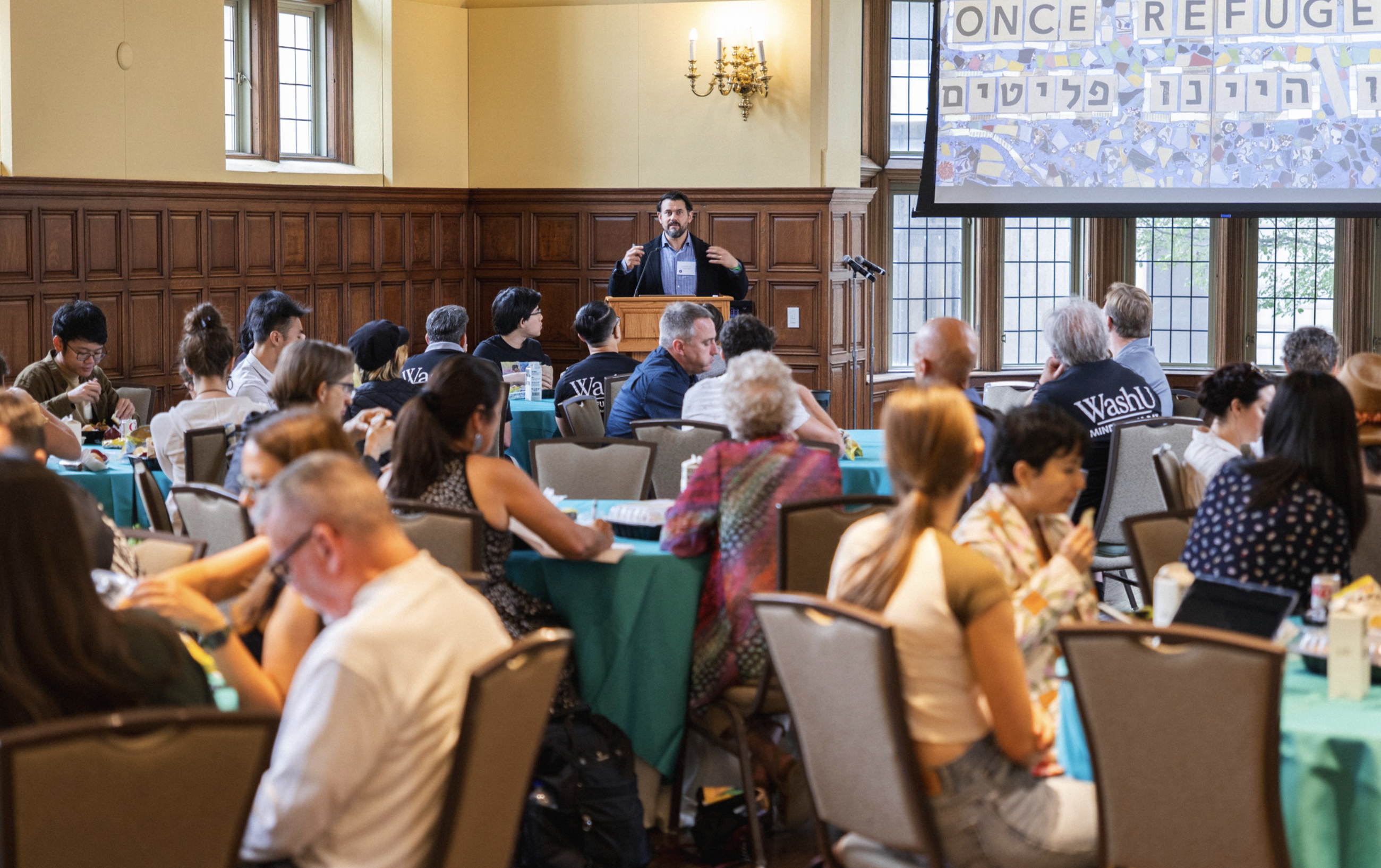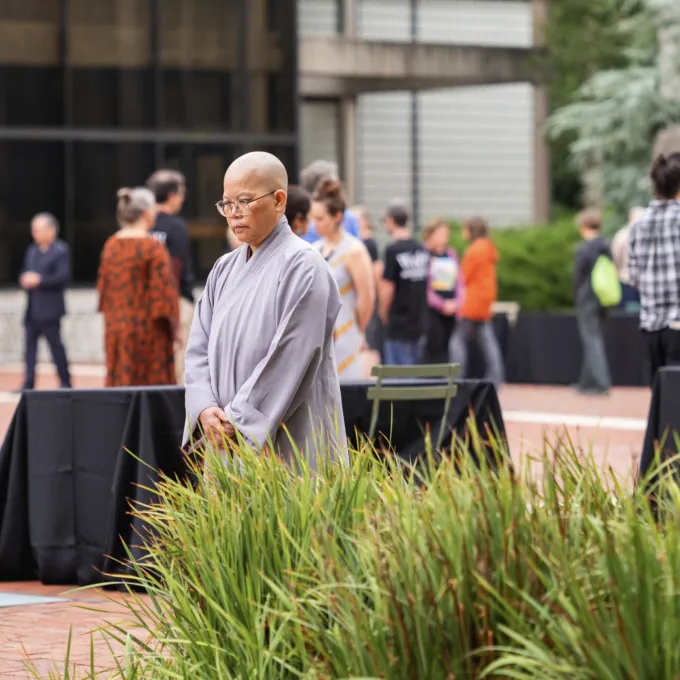Phase 1: Written Proposal
There are three parts to the written proposal:
- Research description
- How the project supports the mission of the Mindfulness Cluster
- Budget
Research Description
No longer than 500 words. It should include the following:
- Nature of the scholarly activity: e.g., experimental research, artistic work, manuscript preparation
- Description of the resources needed: e.g., participant payments, statistical software license or airfare
- Event or location where the resource will be needed: e.g. a conference or research site
- Timing of the resource need: e.g., to secure a professional editor in the spring term
- Anticipated outcomes: e.g., the dissemination of research, completion of final monograph draft
How the Project Supports the Mindfulness Cluster Mission
No longer than 250 words.
Indicates how the project supports and advances the mission of the Mindfulness Cluster:
For example: Our mission is to be of service and benefit to the St. Louis community and surrounding region through Mindfulness. We hope to accomplish this by raising awareness and visibility around the topic of mindfulness, and by promoting and engaging in evidence-based mindfulness research, practice, teaching and service that is rooted in the principles of equity, compassion and cultural humility.
Budget
The proposal should also include a brief itemized budget. The budget may include support for items such as:
- Data entry
- Data acquisition
- Interviews
- Access to restricted-use data
- Creative materials
- Travel costs related to data collection, meetings with collaborators or conference presentations
- Creative materials
- Other reasonable costs specific to the project
Funds cannot be used to pay for computer equipment when that computing can reasonably be accomplished with the existing equipment on campus.
Note that grantees will be required to provide an expense report upon completion of the project. Reimbursement for travel will be after the trip upon submission of receipts.
Unspent funding at the end of the grant period will revert to the Small Grant pool unless a request for a time extension is submitted and leadership approves the request.
Phase II: Presentation
Applicants who submit successful written proposals will be asked to give a brief oral presentation of approximately 10 minutes at a scheduled meeting of the Mindfulness Cluster Research Subcommittee to provide an overview of the proposed work.
IRB Review
All small grant proposals that are approved for funding and involve the use of human subjects (e.g., payment or stipends to research participants) must obtain appropriate human subjects approval through the University’s Institutional Review Board before funds are disbursed.
Grant Submission, Notification, and Award Period
Proposal submissions will be accepted on a rolling basis; however, there are a finite number of these awards for each academic year. Applications will be accepted until funds are expended.
Awards will be announced within two weeks of submission. Project funds must be used within one year. Requests for extensions will be granted only for extraordinary circumstances.
Monitoring and Grantee Obligations
The Cluster Research Subcommittee will monitor progress on Small Grants quarterly. Grantees will be required to provide an expense report upon completion of the project.
Grantees will make a final presentation about their progress and share any products, proposals and/or scholarly works submitted or awarded as an outcome of this grant. This report is due within one month after the end date of the grant period.
Potential grant products and scholarly works include the following:
- Publications
- Grant proposals
- Recordings
- Installations or exhibits
- Documentation of conferences, symposia, or residencies
- Scholarly awards or honors
All products generated with the support of our Small Grant will acknowledge the program using the following statement: “This work has been funded by the Arts & Sciences Incubator for Transdisciplinary Futures Cluster on Mindfulness Science and Practice at Washington University in St. Louis through their Small Grant program, but the views remain those of the author(s).”

